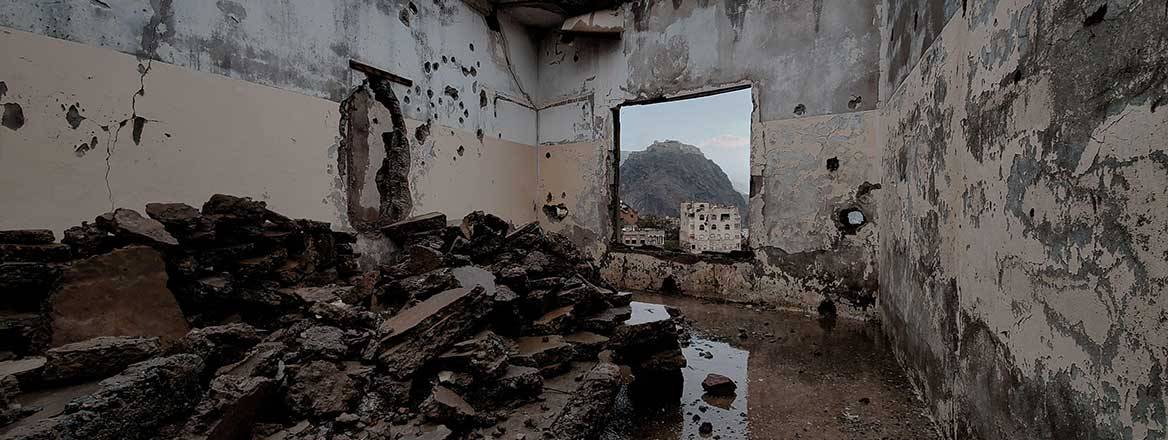Reviving the Truce: Prospects for Stability and Security in Yemen Conference Report
Participants explored the impacts of the recent truce in Yemen on the country's future.
The truce between Ansar Allah (hereafter referred to as the Houthis) and the internationally recognised government came into force on 2 April 2022 and ended on 2 October 2022. Despite being temporary and less stable than a full ceasefire, it brought hope to civilians for an end to the conflict and an improvement of the humanitarian conditions on the ground, with civilian casualties or damage to infrastructure diminishing significantly in those six months. The heavy toll of the conflict on civilians – 23.4 million people in need of humanitarian assistance and around 4.3 million internally displaced persons (IDPs) – makes a renewal and expansion of the truce in Yemen a priority.
To this end, on 23 November 2022 RUSI hosted an expert-led discussion bringing together analysts, practitioners and humanitarian workers on Yemen. The event included a session held off-record with about 20 participants, and a session which was streamed online on RUSI’s website. Both sessions explored how the end of the truce in Yemen impacted the humanitarian situation on the ground and what the prospects for stability and security in the country are moving forward.
This report summarises the major conclusions and talking points of both events, focusing on the insights that emerged about the humanitarian situation on the ground, the challenges linked to renewing and expanding the truce agreement, and what role international actors, the UK in particular, should play to address both issues.
WRITTEN BY
Dr Aniseh Bassiri Tabrizi
External Author
- Jim McLeanMedia Relations Manager+44 (0)7917 373 069JimMc@rusi.org


